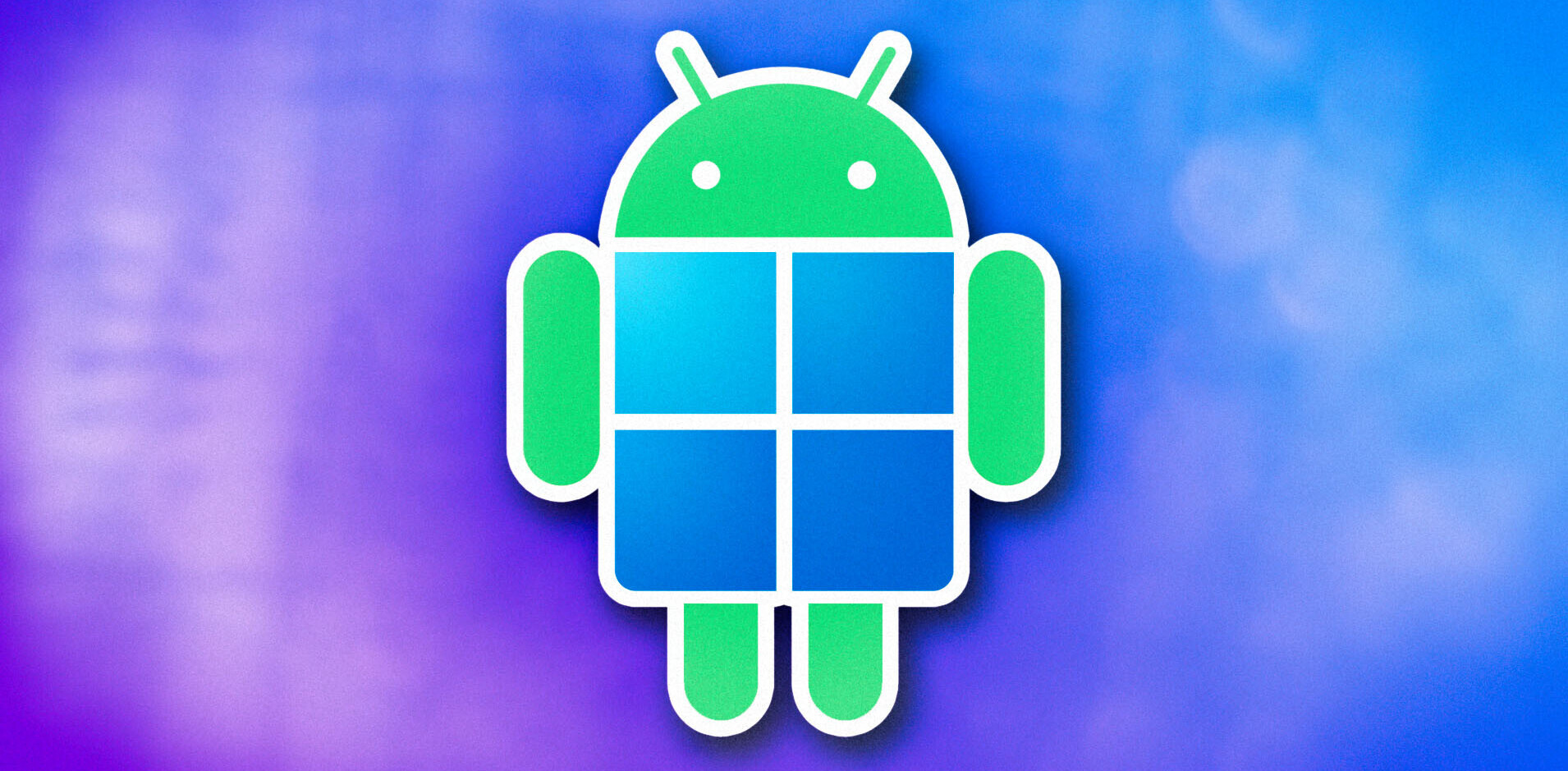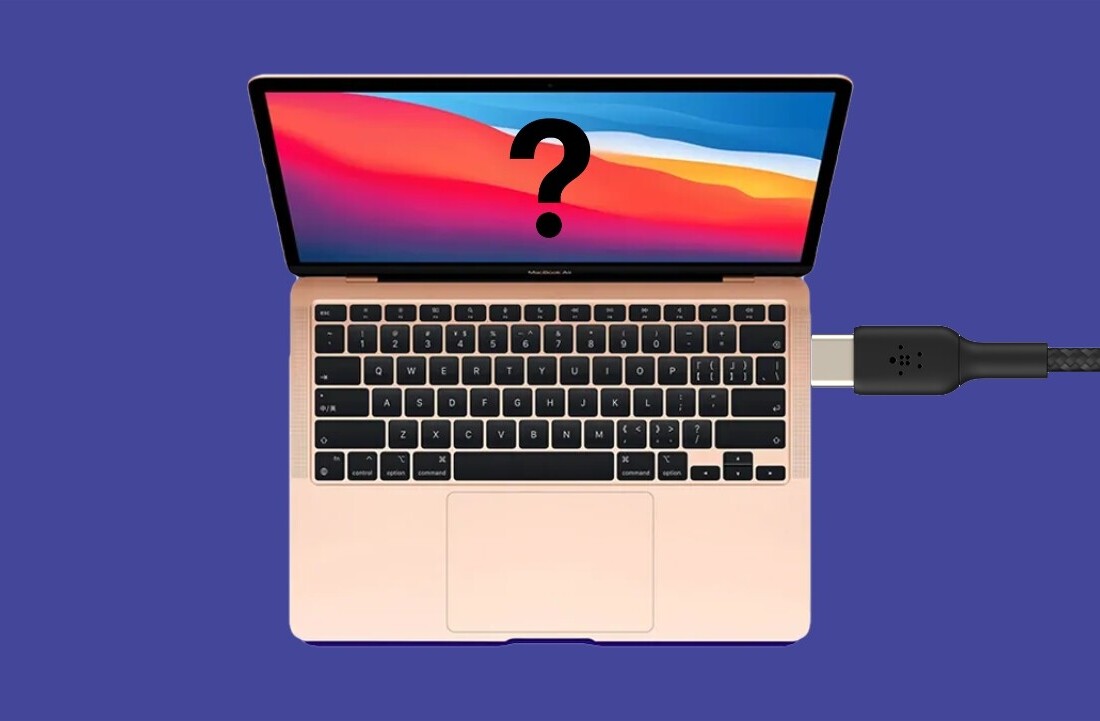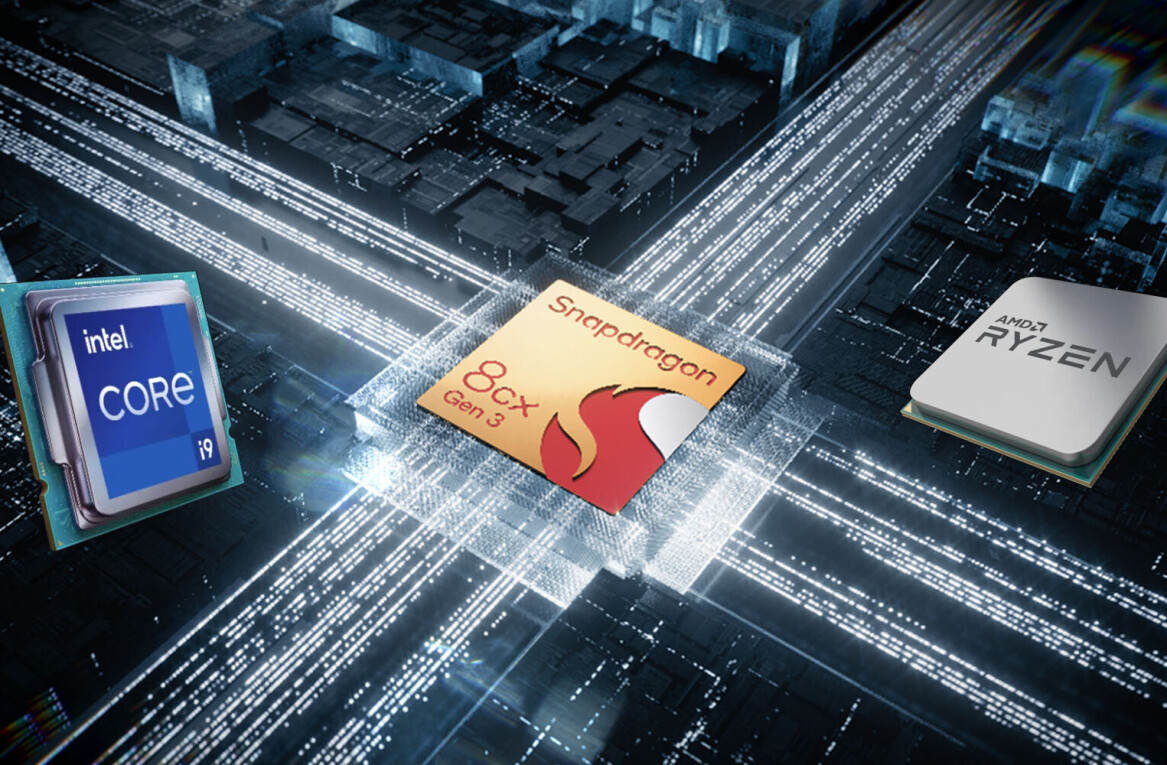
As Christopher Hitchens once opined, it’s always worthwhile to establish first principles. How do you know, he asked a Canadian audience, that the world is round? How do we know, he continued, what we think that we know?
This is as true in as philosophy as it is in operating systems.
In case you are a new TNW reader, I am a card-carrying Windows fanboy. In fact, I am for all intents and purposes the only Windows user here at The Next Web. That I now run our Microsoft channel is hardly coincidence.
And so it was with some excitement that I accepted an offer from Canonical, the corporate driving force behind Ubuntu Linux, to send me a laptop running the most recent version of the OS to play with for a few weeks. Following some time with a Samsung Series 9 running Windows 7 Ultimate, it seemed only fair to wander over to the land of Linux and try on their best suit for a comparison test.
But Alex, you might whimper, what about OS X? Surely if you are going to tinker with Linux to see if your devotion to Windows is fair, it’s only reasonable that you give OS X a shake as well? Not to be demeaning, but if you think that any tech blogger doesn’t use OS X on a number of devices every day, even if they ‘main’ Windows, you have no idea what this job entails.
I accepted shipment of the laptop, a fine, if slightly low-end ThinkPad, and opened to the gate to the land of Linux bristling with uncertainty as to what I was about to experience.
Welcome To The Not New
I was instantly stymied when I turned on the ThinkPad and tried to begin testing as it had a hardy 7% battery remaining, a real problem. As it had a UK plug on the power supply, I was up a creek for the moment. But a quick jaunt over the local hardware store to nab an adapter solved the problem, and I was quickly back to square one. Once power was determined, I cracked a cold one and logged in.
My first thought: “Right, so what’s the big deal here?” Ubuntu is an operating system that has a bar of icons on one side of the screen and windowed applications, it felt dead normal.
Welcome to Windows, er, OS X, er every OS since Windows 3.1 And I mean that in the best way possible. Instead of having a hard time getting used to Linux, I was zooming about in nearly no time at all. In fact, the UK keyboard layout proved ten times harder to get used to than Ubuntu (the key to make quote marks is on the ‘2’ key! the madness!). I suspect that this was their goal, to make it feel ‘standard,’ and it worked.

Quirks And Tips
Not that everything was the same, mind you, this is a different operating system, so many of its functions operate in slightly different ways from what you might expect.
Firefox came installed, but that had to go, so I downloaded Chrome and managed to install it after beating back the installation processes’ flubs. Actually, I bet that I was just doing it wrong, but as with anything new, you assume that your personal incompetence is the computer’s fault.
I still needed Flash to run some browsing tests (what I call watching Metallica YouTube clips on company time), which ended up taking 20 minutes of time as I tried to find out what the right version of Flash to actually was, and then fought to get it to latch on. But again, this was a small ‘moving over’ problem, and nothing more.
Chrome was eventually settled, and so typing like a foolish 9-year-old on the UK keyboard, I set into my usual work routine. Just for fun, this was my desk (mostly powered down) while writing this piece – can you spot the Linux machine without squinting?
It’s A Chrome World
Here’s the rub: if you use a browser for most of your work flow, the operating system that you run does not matter. I honestly mean that, for 90% of your daily computing life, you could easily forget what OS you are running.
And so it was with me and Chrome, and my digital life, happily tooling along with Linux while scrolling Reddit, looking for trouble. I can say this with a fully straight face: Ubuntu is a capable operating system under daily tasks, and one that I could heartily recommend for average computer users.
Of course, for the high level hacker, Linux is their command line playground, but that’s neither myself nor most of you. In Chrome, you are a citizen of no OS, you are merely the vassal of Google.

But It’s A Bit Ugly
Aside from the usually quoted gripes against Linux, program compatibility and the like, I have one honest criticism of the OS when compared to Windows 7 and the latest from Apple: Ubuntu is a bit frumpy.
As in, not exactly ugly, but certainly not easy on the eyes. This problem could be solved by hiring some crack UI specialists, but it could be that the brown/beige/off purple skin that the OS boasts is part of its culture. I’m not exactly sure.
Of course, Ubuntu is hardware flexible, so it can run on any variety of machines, and so you will never end up stuck with something that is externally ugly, but the window buttons that Ubuntu contains are not going to get you an audience.
I Could Live Here
After seven days of light relaxed and professional usage, my only complaint that would actually stop me from using Ubuntu on a daily basis as my main operating system is that some applications that I quite simply can’t do without for work do not support the OS.
What about WINE, Alex, you might ask if you know about such things, and that is a fair question, but if you think that I am going to put up with that every minute of every day while working you must think that I am far more patient than I actually am.
Still, Ubuntu, to quote Apple ad copy, just works. It’s made it, ladies and gentleman, to the promised land of being good (and simple) enough for daily use.
Canonical, the nice chaps who lent me the ThinkPad, are not just proud of the software, but they are also encouraged by its uptake and future. This is some verbiage from their first email to me:
While analysts believe Linux only accounts for 1-4% of all computer operating systems today, it already holds 10% of the netbook market. More impressively for Canonical, there are already more than 13 million computer users across the world currently operating Ubuntu.
With its latest version of the Ubuntu OS, Canonical is aiming to cross the chasm to mainstream consumer adoption.
Good on them, they have a quality product. Of course, pushing adoption is going to be hard, but they are at least not working with broken tools.
And Windows 7?
I still prefer it. But by a much smaller margin than I initially anticipated. To begin, I have a massive knowledge base that I have built up in the world of Windows that I use as a weapon to work quickly. I also prefer the Windows installation process, it’s file management structure, and a number of other things, but I actually can’t decide if that is the case out of habit, or honest preference on the basis of merit.
Ubuntu is plain good, and so I suspect my own allegiance. It will, however, take more than that to get me to jump ships.
I switched off the ThinkPad and Ubuntu to finish the typing of this article, as I simply needed a familiar keyboard configuration, but back in Chrome I hardly feel like much as changed. Make of that what you will.
For the final sentence of this piece, I want to say that Ubuntu is now good enough that no matter your current OS preference, until you have tried the Linux leader, you haven’t honestly tested all the options.
Get the TNW newsletter
Get the most important tech news in your inbox each week.




